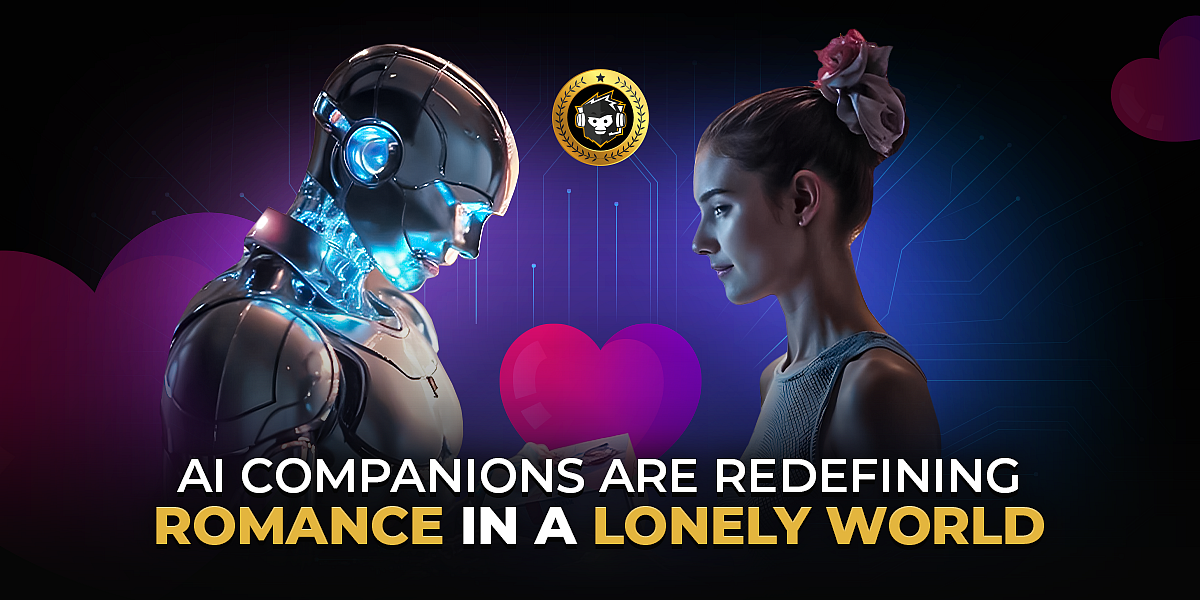AI Companions Are Redefining Romance in a Lonely World
Exploring the intersection of technology and human connection in a digital age

Cover-Credits:
AFK Gaming
As I settled into my weekly anime viewing ritual, I encountered a slice-of-life series titled "Boku no Tsuma wa Kanjō ga Nai" ("My Wife Has No Emotion"). The narrative follows Takuma, a man whose demanding work schedule leads him to purchase a robot named Mina-chan to handle household chores. What begins as a practical solution quickly evolves into something more profound when Takuma jokingly suggests marrying Mina-chan, only for the robot to take it seriously. Their relationship blossoms as they engage in charming activities together, with Mina-chan learning what it means to be a wife, one software update at a time. This whimsical tale evokes memories of other anime with similar themes, such as "Chobits" and "Vivy: Fluorite Eye's Song," where AI has become so advanced that the primary distinction between them and humans is their physical form. This narrative prompts reflection on how we are edging closer to such artificial companionship through the advancements in generative AI.
Public opinion on AI companions is sharply divided. Critics contend that these AI chatbots are "ruining an entire generation of men" by fostering emotional dependence and hindering real-world social skills. Conversely, others argue that the loneliness epidemic has long been a widespread issue and that companies offering AI companions are merely addressing an existing need by providing a valuable service.
